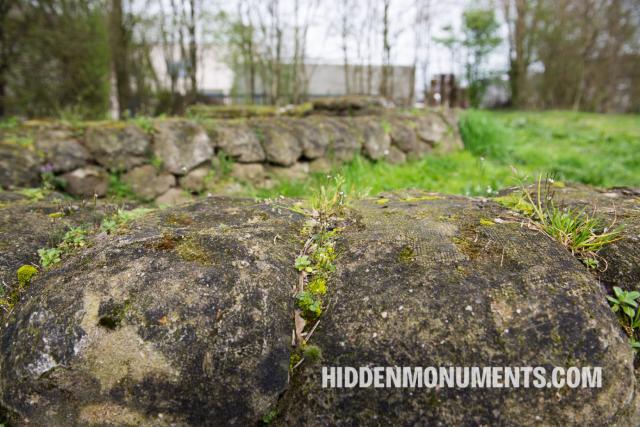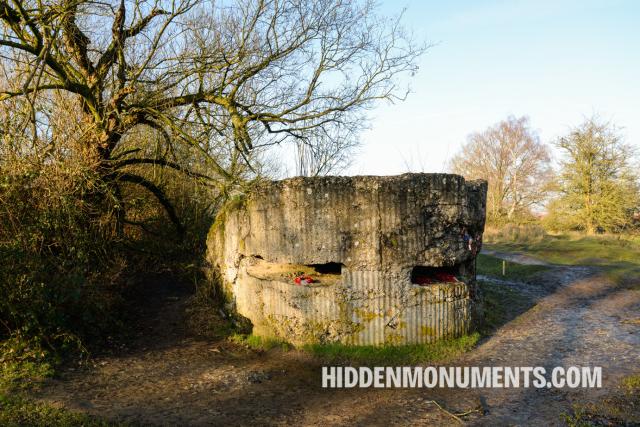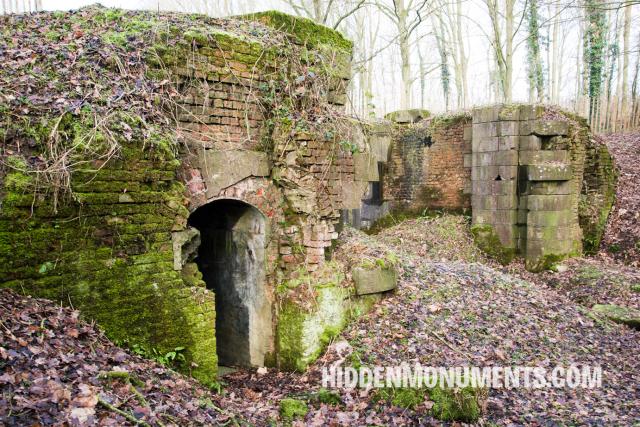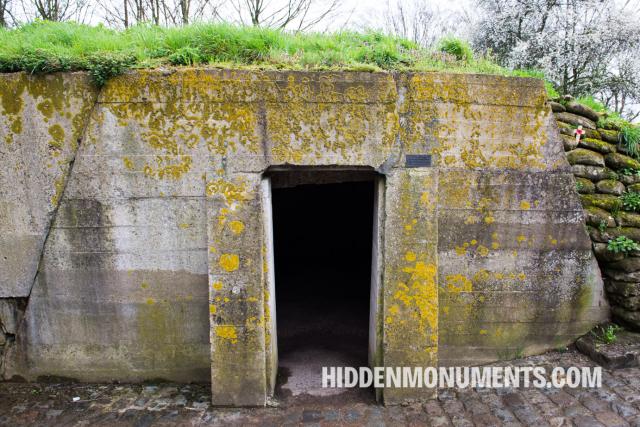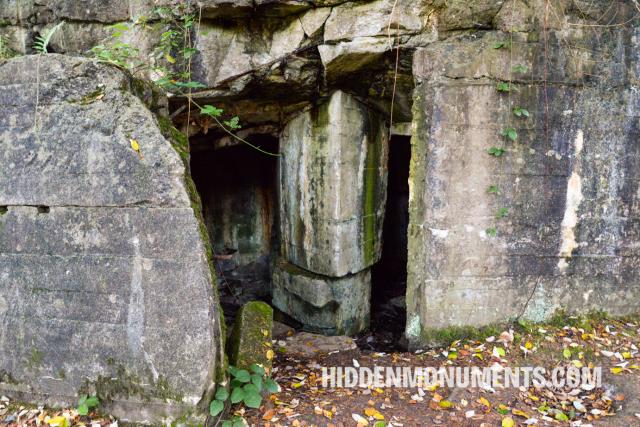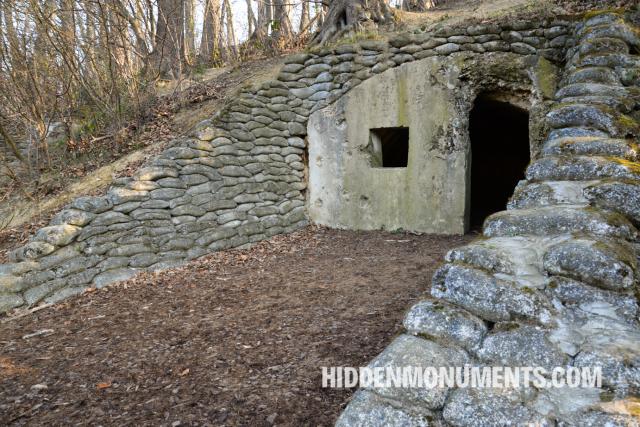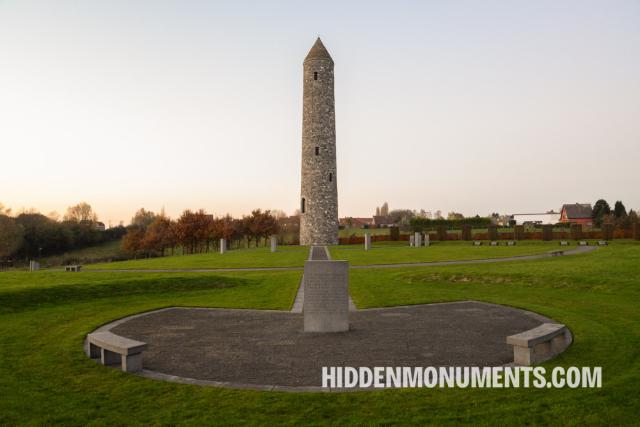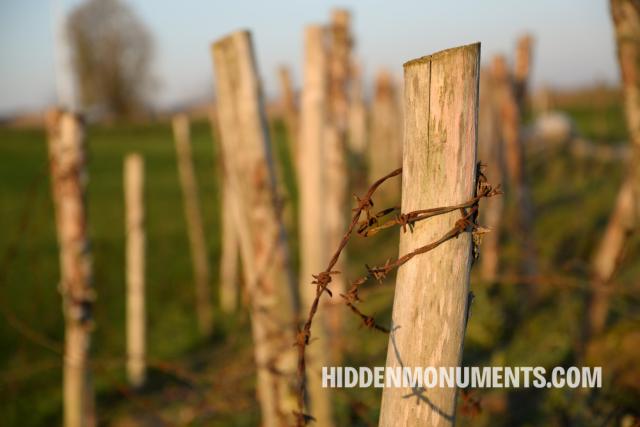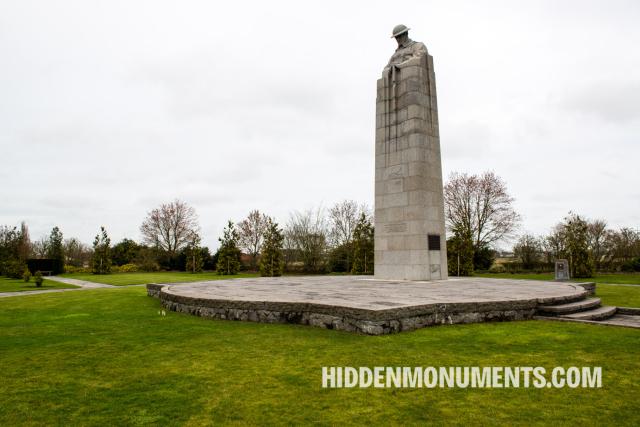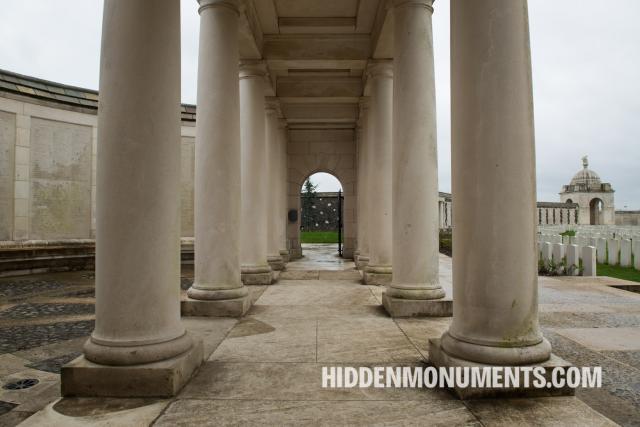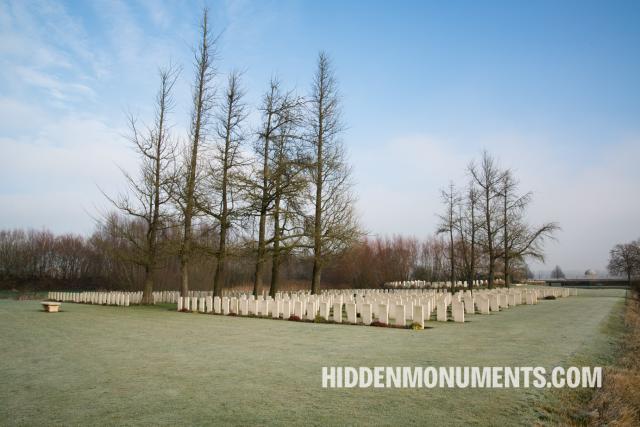As November 11 nears, the world pauses to mark the end of World War I in 1918, when the guns finally fell silent. In Belgium’s Flanders region, scarred by brutal trench warfare, the echoes of that conflict still endure.
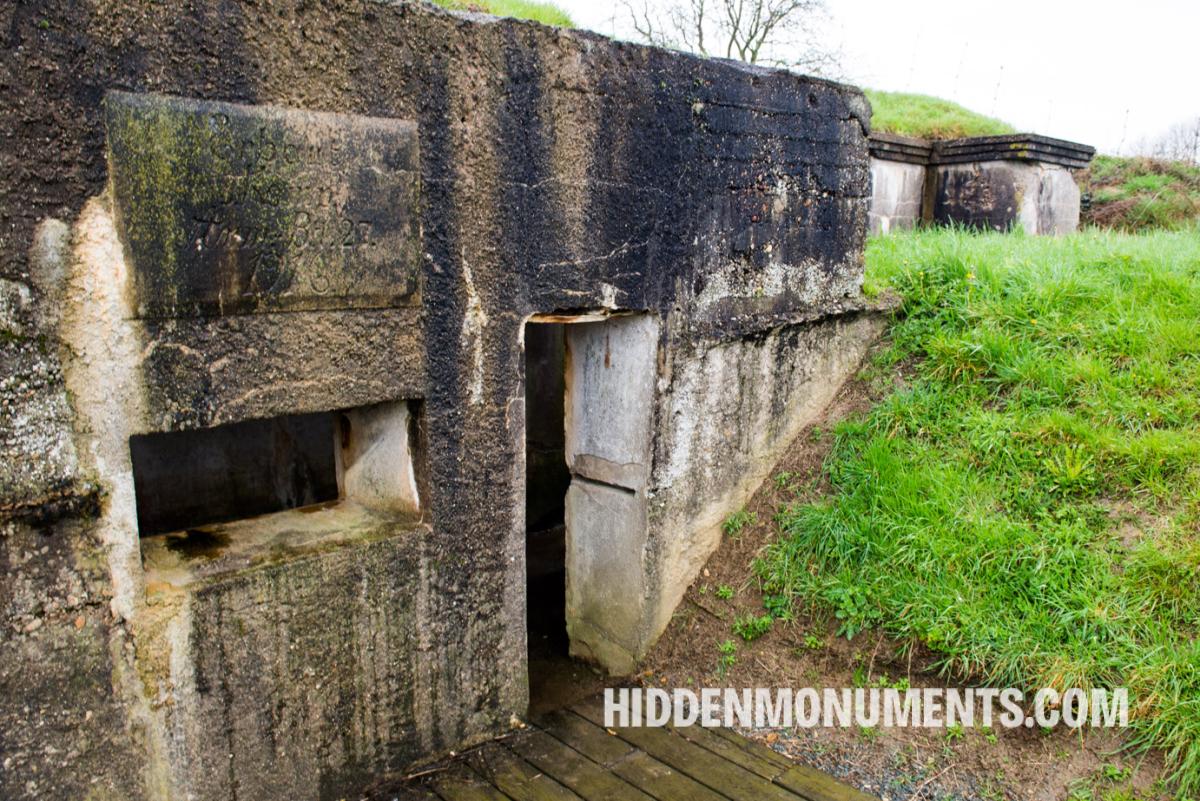
Amid fields that witnessed immense destruction, we find the relics, monuments, and cemeteries that testify to the sacrifices made during "The Great War." Each location, from preserved trenches to memorials, tells a story of the soldiers who endured unimaginable conditions. Let's explore some of these historic sites.
German and Allied trenches
In Flanders, especially around Ypres, a network of trenches remains one of the most vivid reminders of World War I, whether British or German.
Underground warfare
The war in Flanders also extended below ground, as both Allied and German forces used mine warfare to undermine enemy positions. Craters and mine shafts still bear witness to this underground struggle.
Command posts
Bunkers and command posts are scattered across the Ypres Salient. Essex Farm, the place where John McCrae wrote the immortalised poem 'In Flanders Fields', is undoubtedly the most famous bunker complex.
War Memorials
The remembrance culture around Ypres is deeply rooted in honouring those who fought and fell in the battles of World War I. Memorial sites, such as the Menin Gate, host daily rituals like the Last Post Ceremony, where buglers play to commemorate the missing soldiers whose names are inscribed on the walls. This tradition, which has been maintained since 1928, reflects the local community's commitment to keeping the memory of the fallen alive.
Additionally, places like the In Flanders Fields Museum educate visitors on the war's impact on local and global scales, fostering reflection on both the cost of conflict and the importance of peace. The Ypres area remains a poignant reminder of the past.
War cemeteries
Ypres and its surroundings are also home to many war cemeteries, honouring the sacrifices made by soldiers worldwide. Some of these cemeteries and memorial sites have held UNESCO World Heritage status since 2023.
Remembering in Flanders Fields
In Flanders, John McCrae’s famous words, “In Flanders Fields the poppies blow / Between the crosses, row on row,” resonate, reminding us of the enduring impact of World War I and the importance of never forgetting those who sacrificed so much for future generations.
Discover more World War I relics in Flanders, traces of one of the bloodiest battles around Verdun and the bloody trench war in the French Vosges.
